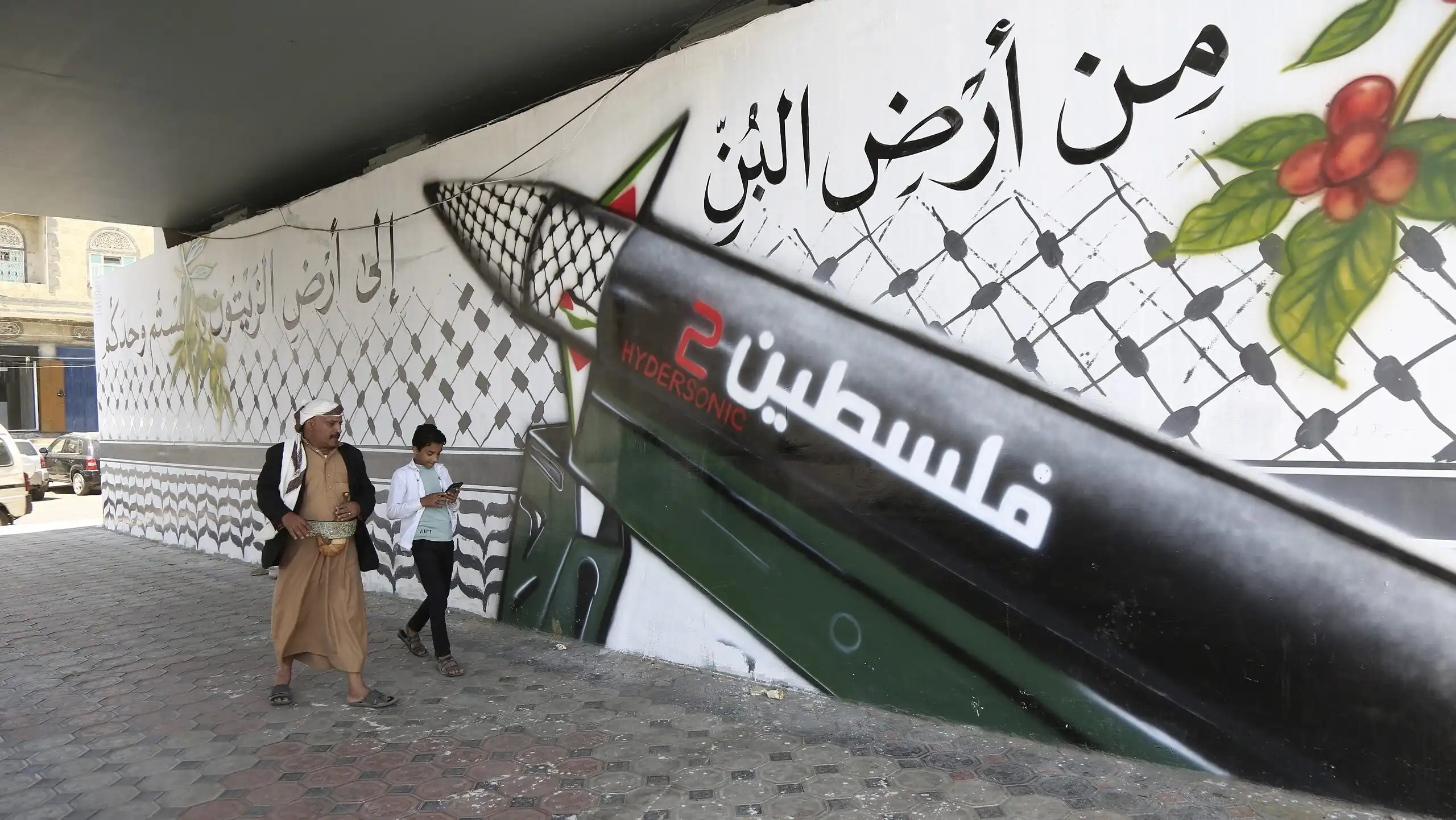Mumbai’s Dabbawalas: Masters of Food Delivery
The Story of Mumbai’s Dabbawalas
In a world increasingly dependent on technology for even the most minor tasks, the story of Mumbai’s dabbawalas stands out like a timeless marvel. These delivery men have built a legendary lunchbox delivery system that operates with almost military precision. They achieve this all without the aid of modern navigation tools like Google Maps, GPS, or even smartphones. Their story is about more than just delivering hot meals across a sprawling metropolis — it’s about discipline, dedication, and an extraordinary system rooted in trust and tradition.
Video Credits To: https://www.youtube.com/@krishashok
The Beginning: A Humble Start
The dabbawala system traces its roots back to 1890 when a Parsi banker wanted to have home-cooked food delivered to his office every day. To meet this need, a man named Mahadeo Havaji Bachche started a lunch delivery service with about 100 men. What began as a small operation gradually evolved into a well-organised network. Now it serves over 200,000 meals daily in the bustling city of Mumbai.
The term “dabbawala” breaks down to “dabba” (meaning lunchbox) and “wala” (meaning carrier). Over the decades, these men, many of whom come from the same rural communities around Pune, have formed an intricate chain of trust and efficiency. This has amazed business schools, global leaders, and corporations worldwide.
How It Works Without Technology
In a city like Mumbai, where navigating traffic jams, train delays, and weather challenges is an everyday battle, it’s astounding how the dabbawalas manage their deliveries without a tech-heavy infrastructure. Their system is simple but incredibly effective:
- Collection: A dabbawala picks up the lunchbox from the customer’s home in the late morning.
- Sorting: The lunchboxes are sorted at local train stations according to their destinations using a colour-coding system.
- Transportation: The dabbas are loaded onto Mumbai’s local trains, travelling miles across the city.
- Final Delivery: Another dabbawala picks up the dabba from the station closest to the office and delivers it to the customer before lunchtime.
- Return Journey: After lunch, the same process is followed in reverse to return the empty lunchboxes to homes.
The entire system depends heavily on the local railway timings. It is synchronised with such perfection that very few deliveries ever go wrong. Studies estimate that the dabbawalas have an error rate of 1 in 16 million transactions — an almost miraculous statistic.
The Secret: A Unique Code and Deep Commitment
Instead of addresses and GPS pins, dabbawalas use a simple yet highly sophisticated colour-coding system marked on each lunchbox. These markings denote the neighbourhood, the building, the floor, and even the desk or cubicle of the recipient.
The dabbawalas, many of whom have limited formal education, memorise these codes and routes. They work in teams and follow a disciplined, almost sacred, work ethic. Every team member knows their part of the chain, ensuring a seamless relay system across the city.
There’s also a deep cultural commitment that binds the dabbawalas together. Many belong to the Varkari sect, a religious movement that emphasises hard work, humility, and devotion. This shared belief system fosters trust and unity among them, reinforcing their collective sense of duty.
Recognition and Global Admiration
The efficiency of the dabbawalas has not gone unnoticed. Management schools like Harvard Business School have studied them. They have been praised by global business leaders like Richard Branson, and have been invited to give TED Talks.
In 2005, Prince Charles famously arranged to meet them during his visit to India, adjusting his schedule to fit into theirs, not the other way around. This rare gesture highlights the respect they command. In fact, when Prince Charles got married, two dabbawala representatives were invited to attend the royal wedding.
The dabbawalas also received the prestigious Six Sigma certification, a quality standard that denotes extremely low rates of error, typically sought after by multinational corporations.
Challenges in the Modern Age
While the dabbawala system has remained essentially unchanged for over a century, the modern world presents new challenges.
The rise of corporate cafeterias, food delivery apps, and work-from-home trends has impacted the traditional model. The COVID-19 pandemic dealt a massive blow, halting Mumbai’s lifelines — the local trains. This forced the dabbawalas to pause their services for the first time in over 130 years.
Yet their spirit remains unbroken. Some dabbawalas adapted by delivering groceries and medicines during the pandemic. Many have even started embracing basic technology like mobile phones and WhatsApp for coordination. Still, the core system remains as human-centric and tech-light as ever.
Lessons from the Dabbawalas
The story of Mumbai’s dabbawalas is not just one of logistic excellence. It’s a lesson in resilience, teamwork, and human ingenuity. Here are a few key takeaways from their success:
- Simplicity is Strength: They prove that sophisticated technology isn’t always necessary for an efficient system. A transparent process, followed diligently, can outperform even the most advanced tools.
- Trust and Accountability: Each dabbawala treats the customer’s lunch as their responsibility. There’s a deep sense of pride in ensuring every meal arrives on time.
- Community Over Competition: Instead of competing, dabbawalas work cooperatively. The earnings are shared equally among team members, promoting solidarity.
- Adaptability: Despite changes in the environment and market, they have shown remarkable flexibility. They tweak their methods without losing the soul of the system.
At a time when the world is increasingly reliant on technology, the dabbawalas of Mumbai remind us of the incredible power of human coordination, trust, and simplicity. With their simple codes, honest labour, and sheer dedication, they deliver tens of thousands of meals daily across one of the world’s most chaotic cities. They do it with near-perfect precision, without even glancing at Google Maps.
Their story is a testament to what can be achieved when people work with heart, discipline, and a shared mission. It’s not just about delivering lunch — it’s about delivering a slice of home, a bit of comfort, and a whole lot of inspiration.













